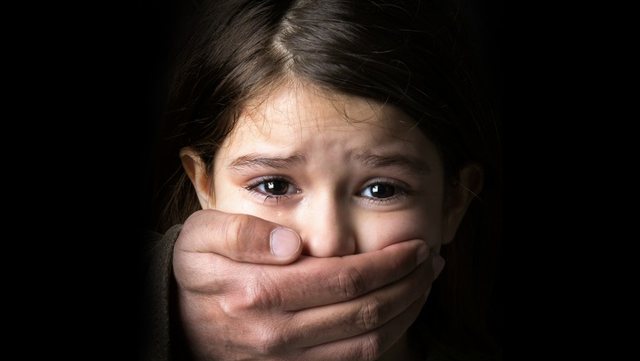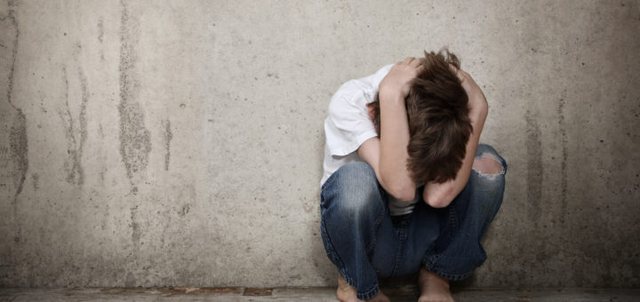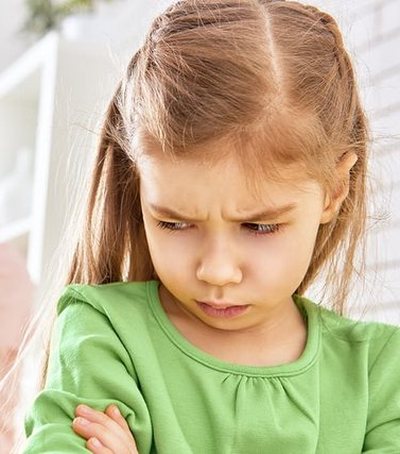
The best indicator of a childâ??s abuse is communicating with him or her if someone has scared, hurt, or made them feel bad. Often, children do not show abuse but, through physical or behavioral indicators, you can tell if it is an abusive situation or not. Indicators do not indicate whether a child has been abused - they warn parents that a child may need help.
Children can only show some of these signs:
â?¢ Immediate mood swings
â?¢ Sleep problems: can't sleep / sleep too much
â?¢ Food problems: eat more or less than usual
â?¢ School problems: problems with discipline, decreased attention, sudden drop in grades or memory loss
â?¢ Fear of the dark, dreams, nightmares, sleep trauma
â?¢ Fear of a specific person or place
â?¢ Isolation, depression, anxiety, suicide attempt
â?¢ Use of age-inappropriate language / sexual vocabulary
â?¢ Excessive sexual behavior with others
â?¢ Seeks and creates inappropriate sexual contact with other children
â?¢ Hides physical features and tends not to look attractive
â?¢ Self-destructive behavior: head injury, self-harm, genital injury
â?¢ Disorders and concerns in the genitals, bleeding, redness, irritation, persistent urinary tract infections.
â?¢ Persistent fatigue, apathy and / or increased aggression
â?¢ Inability to make friends.
If you suspect a possible sexual abuse situationâ?¦
Child sexual abuse in any form, by anyone, is unacceptable. It is not uncommon for a child to deny that this is wrong, as this is a natural way to deal with something that may be insurmountable. In some cases, children may tell themselves that they have been sexually abused, but then withdraw the statement, saying it did not happen. This can happen especially if there is a negative consequence or a negative response from the parents, such as the punishment of the child or separation from the family.

If you have doubts about a possible abuse situation:
â?¢ Be aware of any warning signs that may indicate that a child is experiencing or is at risk of abuse.
â?¢ Observe the child and make written notes at the first moment you begin to have concerns - pay attention to body signals such as changes in their behavior, ideas, feelings and words they use.
â?¢ Gentle and non-judgmental discussion with the child - expressing your concern that the child looks sad or sick may result in giving explanatory information.
â?¢ Do not pressure a child to answer and do not ask strong and very direct questions.
â?¢ Give your child confidence that he or she can come and talk when needed and that you will listen to him or her fully when he or she wants to.
â?¢ Remember that child abuse does not go away and usually becomes even more serious over time.
â?¢ Remember that not giving your explanations or doubts can lead to further abuse.
Child abuse in society
Child abuse interrupts a childâ??s potential to enjoy life and contribute to life and the community. It impairs family functions, its sound foundation and family development opportunities. Abused and untreated children can also be victimized as adults through the use of abusive substances and engage in criminal activities. As adult individuals, they may abuse other individuals, even children. The use of child abuse establishes violence and turns it into a normal / acceptable form of human interaction.
Note: This manual was published within the project "Child Protection from Sexual Abuse in Albania", by:
Klodiana Thartori, MA
Rodika Goci, PhD
Rezarta Gjalpi, MA





